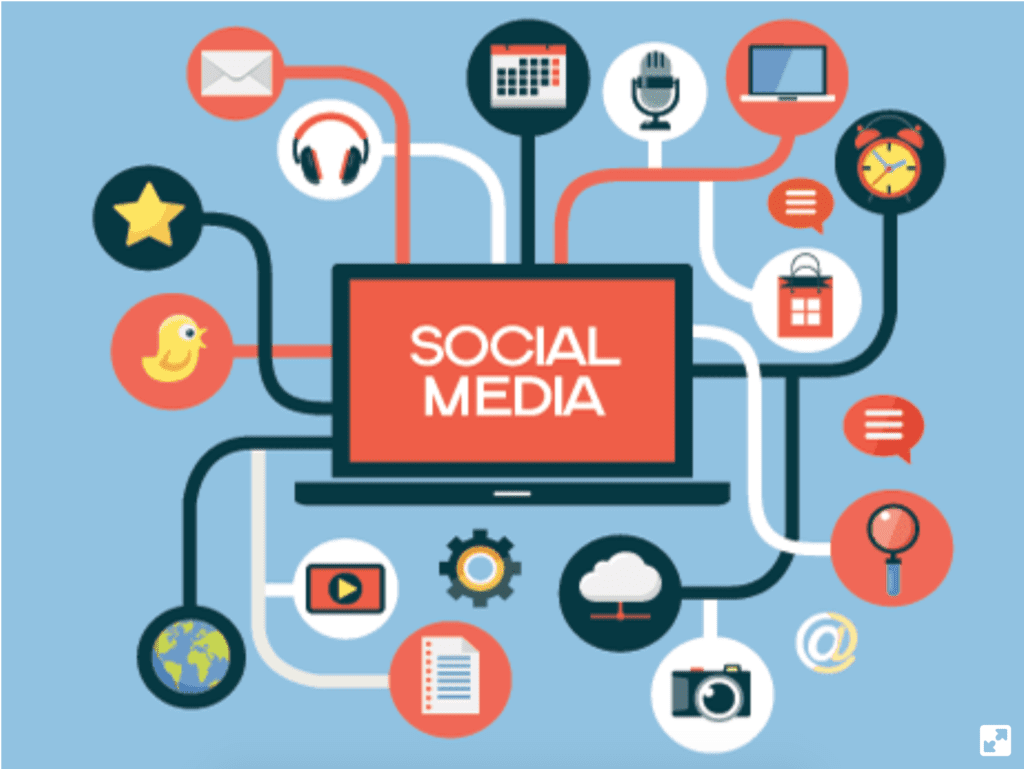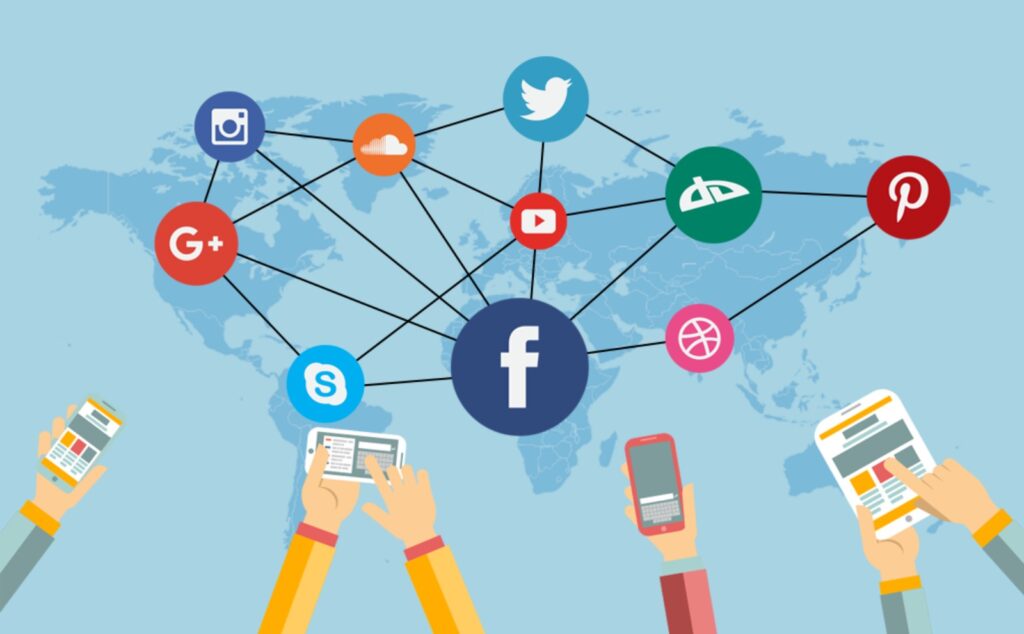In today’s digital age, the impact of technology on marketing is more profound than ever. As we navigate through an era where the digital landscape continues to evolve, marketing strategies have undergone significant transformations to adapt to new technological advancements. This article delves into the various facets of how technology has reshaped marketing, offering insights into the benefits and challenges it brings. From artificial intelligence (AI) to big data analytics, understand how these tools are not just optional but necessary for brands looking to thrive in a competitive market.
The Digital Revolution

The onset of the digital revolution marked a pivotal shift in marketing. Traditional methods have been supplemented—or in some cases replaced—by dynamic, digital techniques that can tap into vast markets with precision and efficiency. How did this shift happen? The advent of the internet and mobile technology means information is readily available and consumers are more connected than ever. This connectivity allows marketers to harness a wealth of data to tailor their strategies more effectively to the consumer’s needs.
Big Data and Marketing Insights
Big data is a key player in today’s marketing strategies. By analyzing large sets of data, marketers can uncover patterns and trends that help predict consumer behavior and optimize marketing efforts. This capability not only enhances decision-making but also improves customer relationships through more personalized interactions.
Artificial Intelligence in Marketing
AI is revolutionizing marketing in ways that were once considered futuristic. From predictive analytics to advanced customer segmentation, AI enables marketers to execute campaigns that are highly targeted and effective. AI tools like machine learning algorithms can dynamically personalize advertisements based on user behavior, significantly increasing conversion rates.
The Role of Social Media

Social media platforms have transformed the landscape of digital marketing. They provide a vast arena for brands to engage directly with consumers, fostering a two-way communication channel that enhances brand loyalty and customer service. The impact? Enhanced market reach and real-time feedback that can be used to refine marketing strategies continually.
Mobile Marketing and Its Impact
With the increasing prevalence of smartphones, mobile marketing has become an essential element of technology-driven marketing strategies. Mobile devices offer marketers a direct line to their consumers through apps, notifications, text services, and more, all while gathering valuable contextual data.
Personalization and Customer Engagement
Technology’s ability to analyze complex consumer data allows for personalized marketing that caters to individual preferences, behaviors, and needs. This level of personalization is seen in product recommendations, personalized emails, and targeted advertising, all of which enhance customer engagement and satisfaction.
Virtual Reality and Augmented Reality
Virtual Reality (VR) and Augmented Reality (AR) offer immersive experiences that are redefining brand interactions. Whether it’s trying on makeup virtually or placing furniture in your home before buying, VR and AR provide a unique way to experience products, enhancing consumer engagement and boosting sales.
Chatbots and Customer Service
Chatbots have become a ubiquitous component of digital marketing landscapes, providing instant customer service and engagement. Powered by AI, these tools simulate human conversation, allowing for 24/7 customer service that is both efficient and effective.
Programmatic Advertising
Programmatic advertising automates the buying and placement of ads using AI, optimizing marketing efforts to target specific audiences at the right time, and through the most effective channels. This efficiency not only cuts costs but also improves the relevance of ads presented to consumers.
The Internet of Things (IoT)
IoT connects everyday devices to the internet, allowing for seamless communication and new opportunities for marketing. From smart appliances collecting data to cars that adjust marketing content based on the user’s location and habits, IoT offers a plethora of new marketing opportunities.
Blockchain in Marketing
Blockchain can make marketing more transparent and secure. This technology offers a decentralized record of transactions that can help reduce fraud in affiliate marketing and improve the accuracy of consumer data used in marketing strategies.
Ethical Concerns and Privacy
With great power comes great responsibility. The use of technology in marketing raises significant ethical concerns, particularly regarding consumer privacy. Marketers must navigate these challenges carefully to maintain trust and comply with increasingly stringent regulations.
Future Trends in Marketing Technology
As technology continues to evolve, so too will the strategies marketers use to engage with their customers. The future of marketing lies in the integration of technology that not only predicts consumer behavior but also respects consumer privacy and ethical standards.
Conclusion
The impact of technology on marketing is undeniable. It has not only enhanced the efficiency and effectiveness of marketing practices but also created new opportunities and challenges. As we look to the future, the interplay between technology and marketing will continue to evolve, presenting endless possibilities for innovation and improvement.
FAQs
1. How has technology most significantly impacted marketing?
Technology has most significantly impacted marketing through the advent of big data and AI, transforming traditional marketing strategies into highly efficient, data-driven campaigns.
2. What are the benefits of using AI in marketing?
AI offers numerous benefits in marketing, including enhanced customer segmentation, personalized marketing, predictive analytics, and automated customer interactions, all of which improve efficiency and campaign effectiveness.
3. Can technology in marketing improve customer relationships?
Yes, technology enhances customer relationships by providing more personalized experiences and maintaining continuous engagement through digital platforms.
4. What ethical concerns does technology introduce to marketing?
The primary ethical concerns include issues related to consumer privacy, data security, and the accuracy of marketing messages, which must be managed carefully to maintain consumer trust.
5. What might the future of marketing look like with continued technological advancements?
The future of marketing is likely to involve more integrated AI, enhanced virtual and augmented reality experiences, and further personalization, all while emphasizing ethical practices and consumer privacy.

